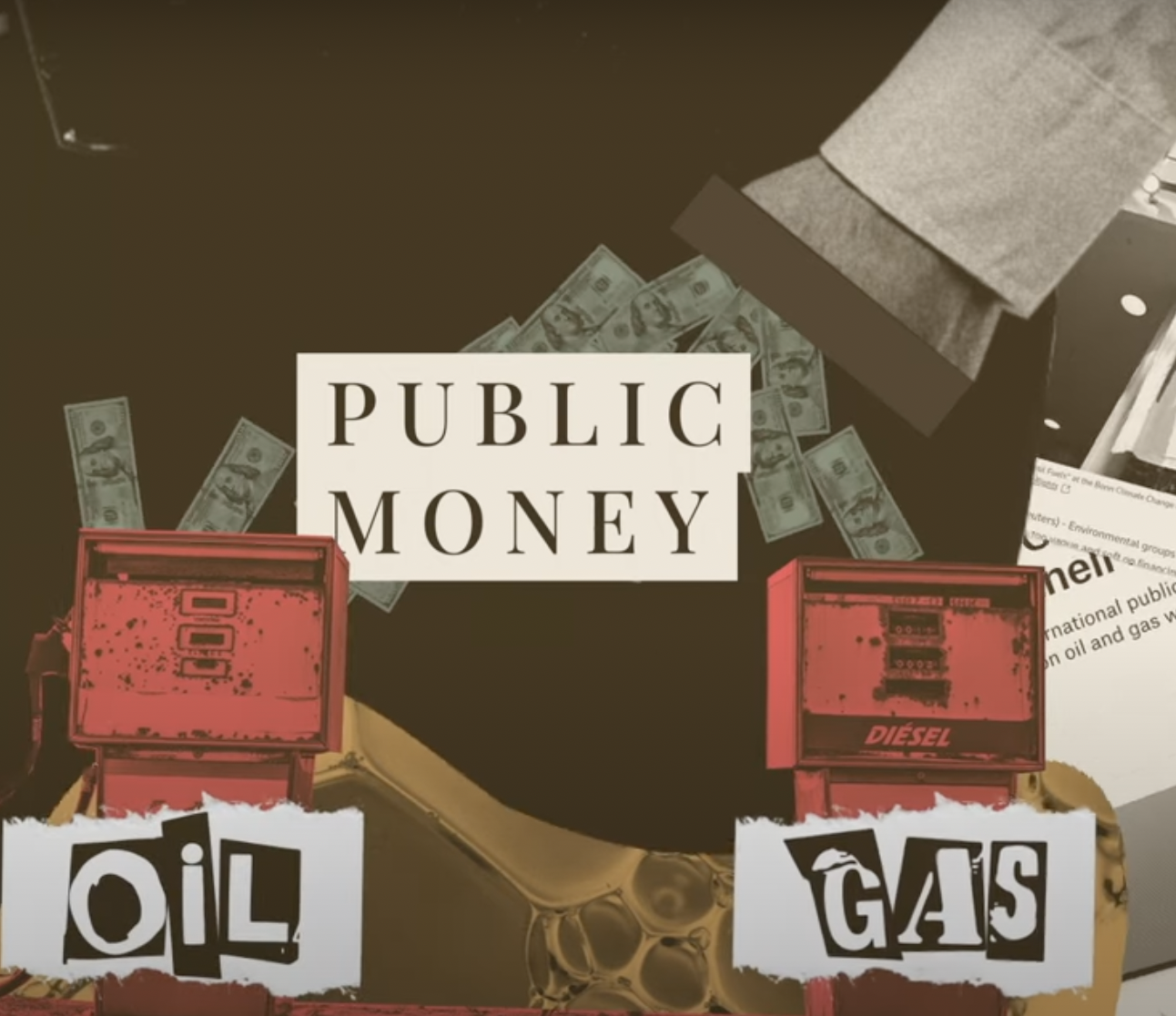
New Briefing: Why Norway’s Blue Hydrogen Fantasy is Over Before It Started
For the first time, this comprehensive briefing brings together evidence to demonstrate that Norway's plans for blue hydrogen are unrealistic and economically unsound.
Oil Change International is a research, communication, and advocacy organization focused on exposing the true costs of fossil fuels and facilitating a just transition to clean energy. For media inquiries, please contact: Valentina Stackl at [email protected]

For the first time, this comprehensive briefing brings together evidence to demonstrate that Norway's plans for blue hydrogen are unrealistic and economically unsound.

Today, Oil Change International is launching an innovative data visualization website that highlights the threat of oil drilling to three iconic African Deltas: the Niger Delta in Nigeria, Saloum in Senegal, and Okavango in Botswana.

The International Energy Agency’s flagship annual report, the World Energy Outlook (WEO), is a widely recognized energy analysis that explores key trends in energy supply and demand. One year since governments around the world pledged to transition away from fossil fuels at the UN Climate Change Conference in Dubai, the WEO lays bare how much work is left to do for governments to follow through with the policies and funding needed for a livable planet.

As crucial negotiations loom on Organisation for Economic Co-operation and Development (OECD) rules for export financing for energy, over 40 environmental, climate, human rights, and development organizations from around the world demand that OECD governments conclude negotiations to end export finance support for fossil fuels..

Ahead of the high-level ministerial dialogue on the new global climate finance target (NCQG) this week in Baku, climate experts urge rich countries to stop dragging their feet and support an agreement on at least $1 trillion annually in grants and grant-equivalent finance at COP29.

Despite over 50 years of failure and billions in wasted investments, governments continue to push carbon capture and storage (CCS) technology at upcoming international forums, including in the EU and Asia.

“Barely one year after the unprecedented COP28 decision to transition away from fossil fuels, the G20 seems to be suffering from collective amnesia. Producing a communiqué on the energy transition in 2024 that fails to even mention fossil fuels is absurd and deeply concerning. It raises questions about whether countries are serious about their international climate commitments."

The Oslo-based oil and gas company BW Energy seems ready to contribute to an environmental disaster and human rights violations in the form of oil drilling near the Unesco-certified Okavango Delta in Namibia and Botswana. Today, Oil Change International sent a letter to the CEO of BW Energy, Carl Krogh Arnet. We ask him to provide information about human rights violations and environmental damage associated with the project. The project may conflict with Norwegian law.

While it is positive to see calls for parties to match the urgency of the climate crisis and act together to deliver NDCs that keep 1.5°C in reach, the Troika feigns to ignore a simple reality: it will not be possible without an immediate end to fossil fuel expansion.

The COP Troika could prove valuable if it catalyzes more ambitious policies to limit warming to 1.5°C. However, expanding fossil fuel production is fundamentally incompatible with an ambition to submit '1.5-aligned Nationally Determined Contributions' (NDCs). Such actions are not only hypocritical but also set a dangerous precedent for other nations, undermining global efforts to address climate change.